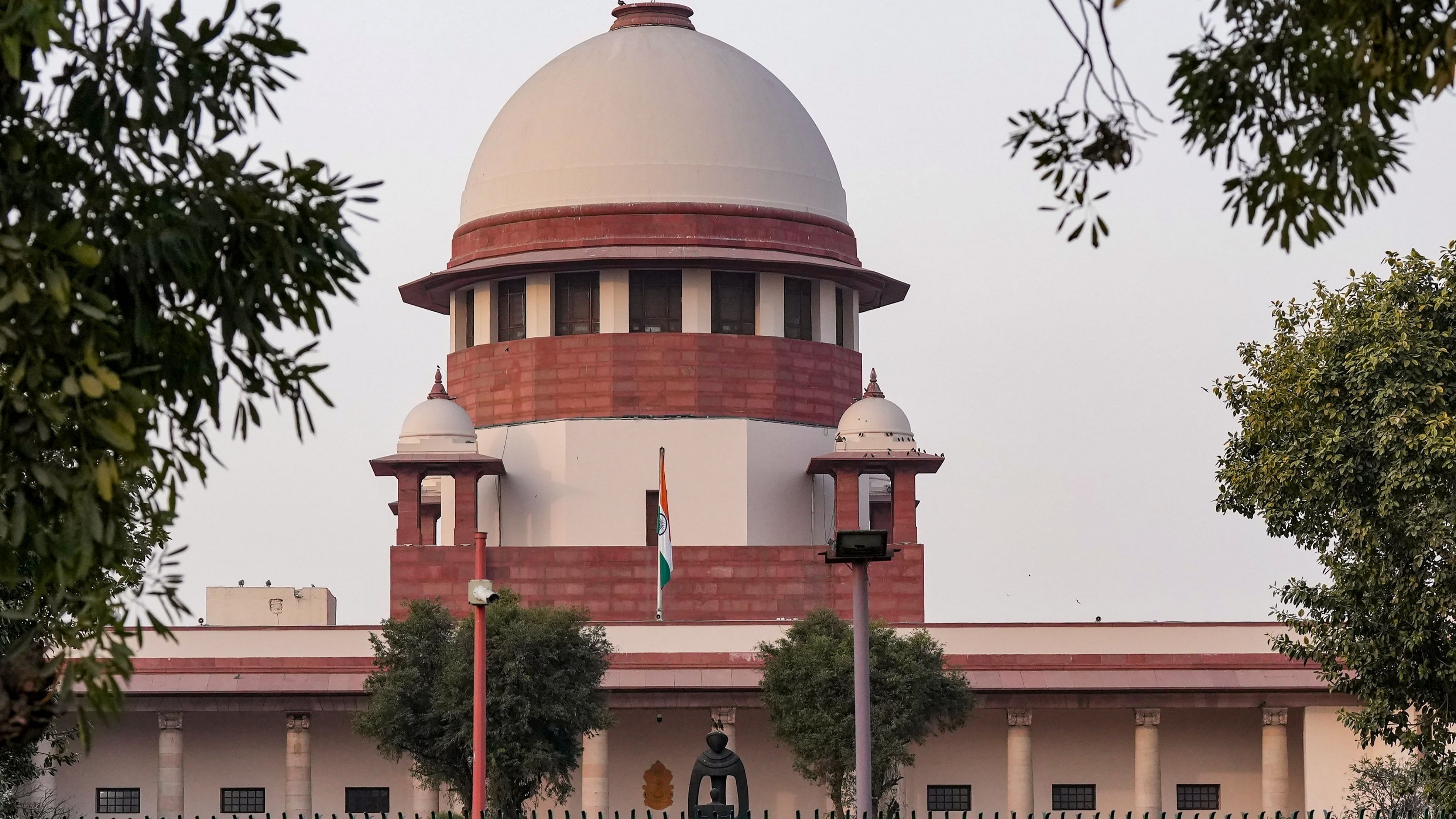
The Supreme Court of India.
Credit: PTI File Photo
New Delhi: The Supreme Court has said it is not only worrying but all the more concerning that elected women representatives in panchayat get removed through the casual approach adopted by government authorities, indicating a systemic pattern of prejudicial treatment, permeating through all levels of administrative functioning.
"This scenario gets further exacerbated when we as a country are attempting realise the progressive goal of gender parity and women empowerment across all spheres, including public offices and most importantly adequate women representative in the elected bodies, such instances at the grass-root level cast a heavy shadow on any headway that we may have achieved," a bench of Justices Surya Kant and Ujjal Bhuyan said.
Setting aside disqualification of a woman Sarpanch in Nashik, the court, in its order on September 27, held that the matter of removal of an elected public representative should not be treated lightly, especially when it concerns women belonging to rural areas.
It must be acknowledged that these women who succeed in occupying such public offices, do so only after significant struggle, the bench said.
The court stressed the concerned authorities need to sensitise themselves and work towards creating a more congenial atmosphere where women, such as the appellant, can prove their worth by rendering their services as Sarpanch of the Gram Panchayat.
In the case, the appellant Manisha Ravindra Panpatil, elected as Sarpanch in February, 2021, was disqualified by the district collector on the allegation that she was living with her mother-in-law in a house built upon a government land.
The divisional commissioner upheld the order and the high court also dismissed her plea.
The woman denied residing in that particular dwelling, and claimed she lived separately with her husband and children in a rented accommodation.
She said that the concerned dwelling was in such a dilapidated condition that it could not be inhabited.
Holding her removal as highly disproportionate, the bench noted the orders were passed in a lackadaisical manner, without making any effort towards conducting a fact-finding exercise.
The court directed that the appellant should be allowed to perform the duties of Sarpanch of the Gram Panchayat till the completion of her tenure.
The court found nothing on record to suggest that any objection of the appellant’s family having encroached upon government land was ever raised when she filed her nomination papers.
"The vagaries of the present factual matrix is far from unique and is unfortunately somewhat of a norm. While there is no doubt in our mind that the private persons (respondents) may have operated in a discriminatory manner, what is more worrying is the casual approach adopted by government authorities in summarily removing an elected representative. This is all the more concerning when the representative in question is a woman and elected in the reservation quota, thereby indicating a systemic pattern of prejudicial treatment, permeating through all levels of administrative functioning," the bench said.
The bench felt this seems to be a classic case where the residents of the village could not reconcile with the fact that the appellant, being a woman, was nevertheless elected to the office of the Sarpanch of their village. They were perhaps further unable to come to terms with the reality that a female Sarpanch would make decisions on their behalf de jure and that they would have to abide by her directions, it said.
The court said it was patently obvious that these were the primary motivations which led the private persons to initiate their orchestrated efforts towards the removal of the appellant, from her duly elected position.
"Having found no instance of professional misconduct on the part of the appellant that they could etch away at, the private respondents instead embarked on a mission to cast aspersions upon the appellant, by any means necessary. This initiative was undertaken by them, with the intention of securing her removal from public office," the bench said.
Though the private persons grasped at straws in their bid to evict the appellant from her position, their cause was perhaps aided by the mechanical and summary orders passed by government authorities, at various levels, the bench noted.
